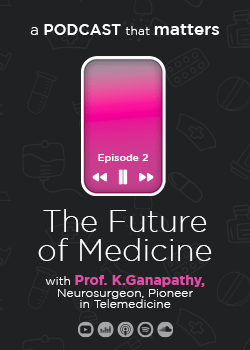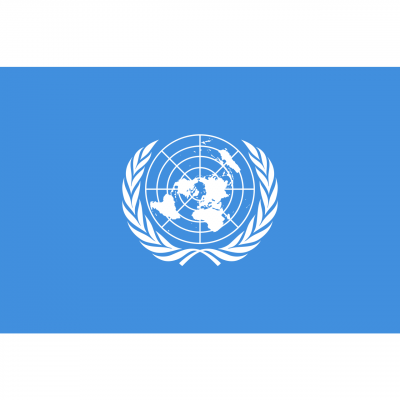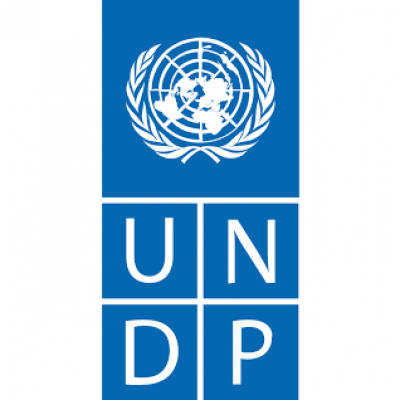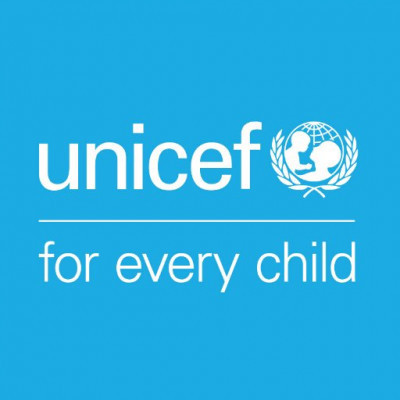Details
Description
Background
People with intellectual and psychosocial impairments in practice can still have all their rights stripped away without adequate due process of law or right to counsel and are subject to arbitrary detention in medical facilities without CRPD-compliant regulation. In social care, people with disabilities continue to be kept contrary to their will, usually on the basis of prior deprivation of their legal capacity. As a practical matter, based on findings by MDRI-S, many people in institutions are detained for life with no legal process or judicial oversight. This is a reality for more than 11,000 people detained in Serbia’s institutions under the Ministry of Labour and Social Policy (MLSP), and for more than 6,200 in psychiatric institutions under the Ministry of Health. Life in residential institution is characterized by lack of privacy, inability to make decisions about own’s life, social exclusion, and violation of fundamental human rights and dignity of person. Therefore, persons with disabilities, placed in residential institutions, are exposed to restraints and seclusion; and lack of rehabilitation and medical care; Inhuman, degrading and life-threatening physical conditions of facilities, as well as lack of access to mainstream services.
Women with disabilities in residential institutions face a particularly difficult position, due to multiple discrimination and marginalization. According to the finding from the research conducted by the MDRI-S, women with disabilities accommodated in residential institutions are isolated from their families, friends and all forms of institutional support. This is particularly worrying given their markedly increased exposure to gender-based violence, including forced abortion, forced contraception, and exposure to horizontal violence (when perpetrators are employees of the residential institution) and vertical violence (when perpetrators are other residents of the institutions).
Although Serbia has made progress in the deinstitutionalization of children, the process has not affected equally children with disabilities who a) continue to be placed into residential institutions (including small children) and b) are overrepresented in residential care (making up 72% of all children in institutions), while most of them are placed in large-scale facilities.
The UN Team in Serbia, comprised of OHCHR, UN Women, UNFPA, UNDP and ILO implemented the joint project “Autonomy, Voice and Participation of Persons with Disabilities in Serbia” in period March 2018 to February 2020, funded by UN PRPD. The joint project focused on three priority areas concerning the rights of persons with disabilities:1) equality before the law, 2) equality of women and girls with disabilities, and 3) right to work, in line with the recommendations of the UN Committee on the Rights of Persons with Disabilities.
Within the UNPRPD Fourth Funding Call, UN Serbia Country Team has been shortlisted and selected to implement the Inception Phase, a short-term programme consisting of three phases, with the final one being developing full project proposal focusing on addressing country’s needs on disability rights and inclusion. UN Women Serbia will be in charge of managing the Inception Phase, on behalf of Serbia UNCT.
The objective of this assignment is to support UN Women Serbia and Serbia UNCT in carrying out activities related to the implementation of the Inception Phase, within the UNPRPD MPTF Fourth Funding Call.
Duties and Responsibilities
Working under the overall supervision of UN Women Technical Project Analyst and National Senior Consultant on HR and Disability Inclusion, the consultant will be responsible for the following:
Support organisation and delivery of the Induction Workshop, in line with UNPRPD training materials and guidance. The purpose of the Induction Workshop is to provide basic training on the Convention on the Rights of Persons with Disabilities (CRPD) and disability inclusive SDGs, UNPRPD’s cross-cutting Approaches, preconditions for disability inclusion, and elements of the situational analysis to approximately 30 representatives of UNCT, government, OPDs, and other partners. Junior National Consultant will be in charge of coordinating translation of standardized training module developed by UNPRPD’s Technical Secretariat, inviting representatives of national stakeholders at the training and providing any additional support to training delivery in cooperation with Senior National Consultant.
Support the process of developing situational analysis. The purpose is to engage stakeholders in a broader analysis on contextual factors affecting CRPD and SDG implementation and the preconditions for disability inclusion in order to inform the design of the UNPRPD programmes and ensure they are based on the national needs that respond to national challenges.
Support organisation of a multi-stakeholder workshop to validate draft situational analysis and discuss full proposal design, in cooperation with UN colleagues and preferably in partnership with an OPD.
Support Senior National Consultant in developing a fully fledged project proposal using a multi-stakeholder process. Drawing on learnings from the Induction Workshop and Situational Analysis, the Full Proposal should outline the programme outputs, as well as the structure and nature of the multi-stakeholder partnership that will drive the implementation of the programme. In addition, the Full Proposal will include a full program budget and M&E plan.
The Induction Workshop, Situational Analysis, and Full Proposal processes should include all potential programme partners, such as participating UN organizations, government stakeholders, OPDs, and civil society, and additional stakeholders, such as donors, private sector, should be consulted during the data collection process of the Situational Analysis.
The three Cross-Cutting Approaches should be intrinsically considered and applied across all UNPRPD MPTF structures, processes, and programs to ensure full and meaningful participation of all persons with disabilities. These approaches include:
Enabling full and effective participation of persons with disabilities.
Ensuring the inclusion of marginalized and underrepresented groups of persons with disabilities.
Addressing gender inequality and advancing the rights of women and girls with disabilities.
Deliverables and Timeline
Deliverables
Timeframe
Report on delivery of the Induction Workshop, in line with UNPRPD guidance (both in English and Serbian).
October 30, 2022 (tentatively)
Report on developing Situational Analysis, summarizing the process and key recommendations (both in English and Serbian).
March 1, 2023 (tentatively)
Report on multi-stakeholder workshop validating draft situational analysis and discussing full proposal design (in English)
April 1, 2023 (tentatively)
Fully fledged project proposal, including programme budget and M&E plan (in English).
May 15, 2023
Competencies
Core Values:
Respect for Diversity
Integrity
Professionalism
Core Competencies:
Awareness and Sensitivity Regarding Gender Issues
Accountability
Creative Problem Solving
Effective Communication
Inclusive Collaboration
Stakeholder Engagement
Leading by Example
Functional Competencies:
Good knowledge of gender equality and women's rights issues, gender mainstreaming and international and national commitments to women’s rights and gender equality;
Good knowledge of human rights and disability issues and ability to identify related problems, as well as on institutional mandates of human rights organizations, prevailing policies and procedures, with particular emphasis on CRPD-related mechanisms, practices and standards;
Good experience in project coordination and management, and RBM;
Good analytical skills;
Good writing skills, and proven experience in writing project proposals;
Demonstrated advocacy, communications and networking skills;
Required Skills and Experience
Academic Qualifications:
University degree (Bachelor’s degree or equivalent) in human rights, public or international law, political science, international relations, social sciences, humanities or related field;
Qualifications:
A minimum of 2 years of relevant professional experience at national level in the field of human rights, development and/or humanitarian experience;
At least 2 years of working experience in project coordination/management;
At least 2 years of working experience with regard to the international human rights machinery and treaties, with regard to the rights of persons with disabilities and the framework of the UN Convention on the rights of persons with disabilities (CRPD);
Experience with the UN human rights system;
Experience with European human rights law will be regarded as an asset;
Language:
Fluency in English and Serbian (written and oral).





